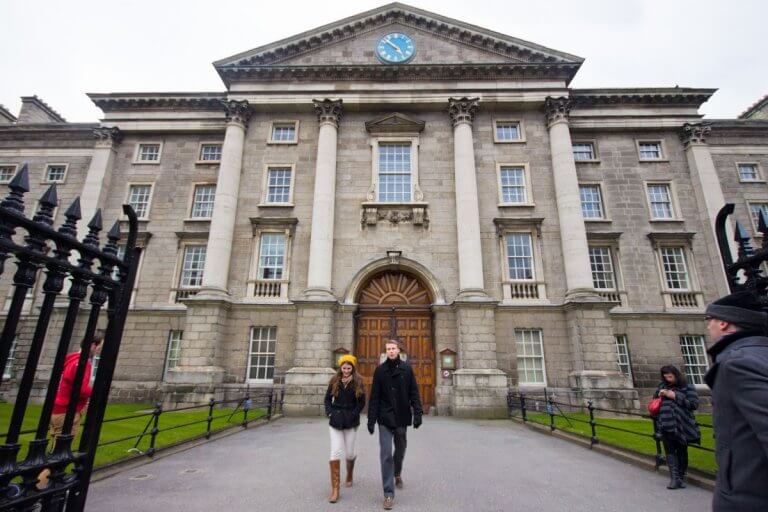
An ongoing High Court case with Ireland’s Health Insurance Authority (HIA) will soon decide whether international students will have to fork out more for private health insurance cover
If the HIA win their case, any international student who studies in Ireland for over a year will need to take out more expensive health insurance to remain eligible for their student visa, Trinity News reported.
The HIA are determined to define the term “ordinarily resident”, outlined in the Health Insurance Act of 1994 for those entitled to free healthcare, arguing it should refer to any student who is currently enrolled on a course in Ireland for one year or longer.
Should the HIA be successful, students pursuing multi-year programmes will be required to purchase private health insurance. https://t.co/PE2meEHi3P
— Trinity News (@Trinity_News) June 27, 2018
This will undoubtably put a huge financial strain on many of Ireland’s current and future international students and could even work as a deterrent for some.
The Revenue Commission currently defines “ordinarily resident” as a person who has been a resident in Ireland for three consecutive tax years.
If the Act is updated to state students studying for longer than one year will need to shell out more for private health insurance, costs are expected to increase by over €1,000 (US$1,150) for each student per year.
Currently, while international students must ensure they have health insurance cover throughout their time in the country, they are offered a package that covers medical, repatriation, funeral expenses and more for around €100 (US$110).
Many students come to Ireland from overseas on scholarships or after taking out loans to cover the costs of education. The significant increase in health insurance cover could prevent many prospective students from selecting Ireland as their study destination.

Could students be put off studying in Ireland with higher health insurance costs? Source: Kayihan Bolukbasi / Shutterstock
And costs in Ireland are only accelerating.
Within the last year, postgraduate and international student fees were hiked by 5 percent, adding a hefty sum of several hundred euros to tuition costs.
Back in 2014 there was a similar fee increase of 4 percent. This has steadily increased year upon year since.
Trinity News reported that fees could amount to anywhere between €4,000 and €15,000 annually at the time of the fee hikes.
The Irish government recently published its International Education Strategy for 2020 which reiterated targets set in 2016 to increase international students’ contribution to the economy from €1.58 billion (US$1.83 billion) to €2.1 billion (US$2.4 billion).
President of Trinity College Dublin’s Graduate Students’ Union (GSU), Shane Collins, told Trinity News that publishing the report in line with the HIA court case was “precarious timing”
“Shortly after this information was published, including a targeted increase of 37,000 international students by 2020, the HIA found issue with the definition of ‘ordinarily resident,’” he said, noting that this was suspicious.
Liked this? Then you’ll love…
Ireland growing in popularity for English language education
Cost, locals and student life: What to expect when studying in Ireland 🍀







